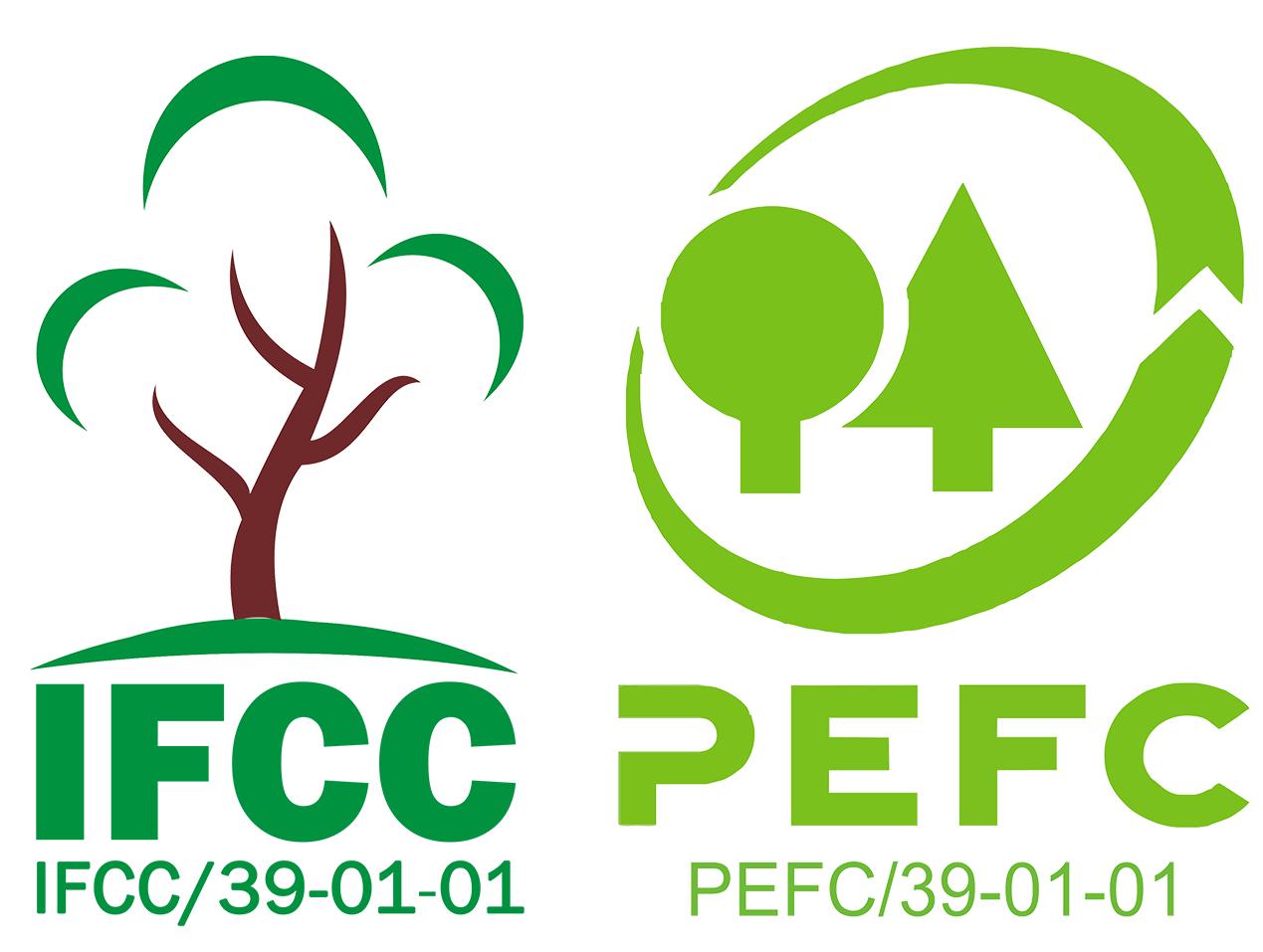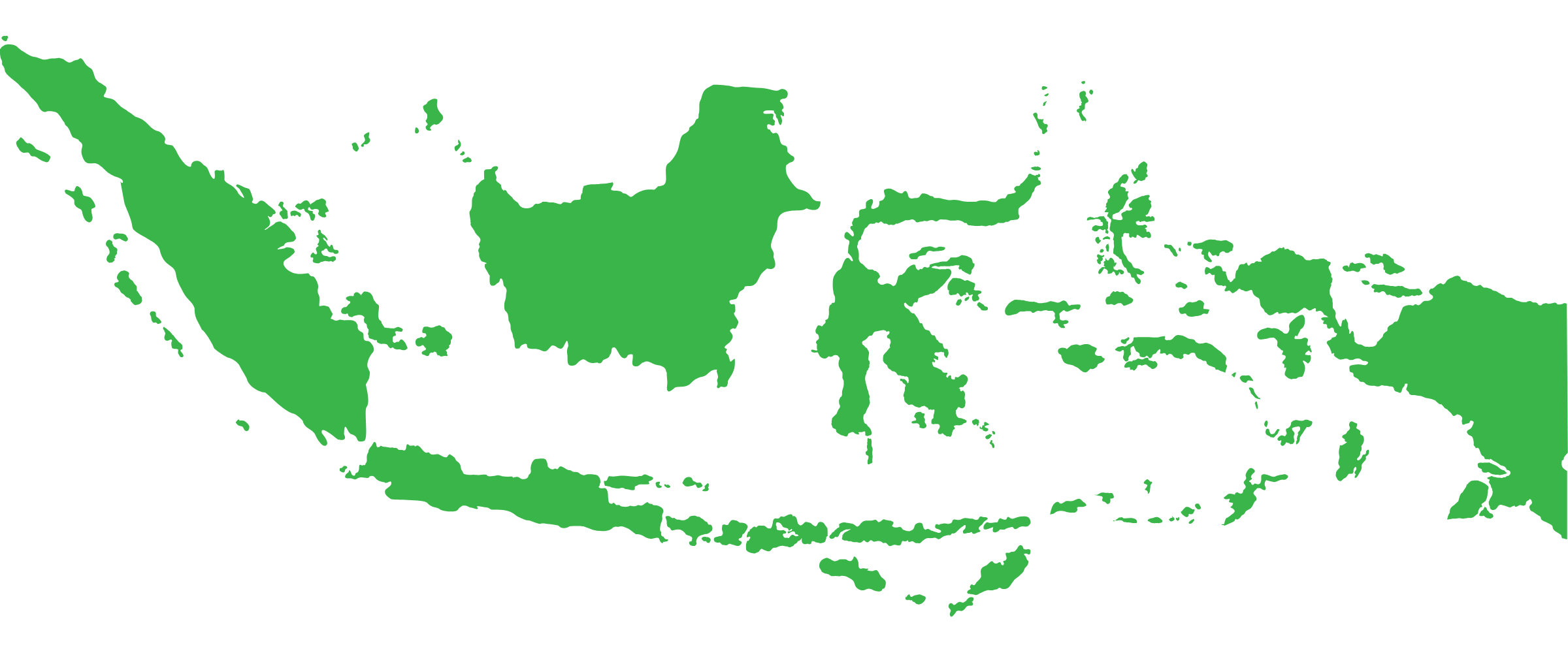By Muhamad Al Azharion 05:34 pm Jun 08, 2015
CategoryBusiness,Front Page,Sustainability
Tags:Asia Pacific Resources International,Asia Pulp & Paper,Indonesian Forest Certification Co-Operation,Programme for the Endorsement of Forest Certification

Global environmental non-government organizations have recently welcomed the changing stance of major Indonesian companies to sustainability. (JG Photo/Afriadi Hikmal)
Jakarta.Two major pulp and paper companies in Indonesia — Asia Pacific Resources International, or APRIL, and Asia Pulp & Paper, or APP — have received sustainable forest management certification from the world’s leading forest certification system. This achievement helps both companies to tap into new markets and better convince customers of the sustainability of their operations.
The two companies received the nod from the Program for the Endorsement of Forest Certification (PEFC), which accounts for two thirds of the total forests that are certified under globally certified schemes. The certification ensures international consumers that the wood-related products they buy are sourced from plantations that have been independently verified as sustainably managed in accordance to PEFC’s sustainability benchmarks.
“Most of the forest certification to date has occurred in Europe and North America. The addition of Indonesia to the 36 national forest certification systems means that more and more area in Asia can be certified from now on,” Ben Gunneberg, the CEO and secretary general of the Geneva-based PEFC, said in a statement on Monday.
The news came after APRIL, which was first to achieve PEFC’s sustainable forest management certification in Indonesia, last week announced a new sustainability policy that would stop natural forest destruction in Indonesia.
APRIL is a holding company that controls the pulp and paper businesses of the Tanoto family’s Royal Golden Eagle (RGE) operations.
Global environmental non-government organizations, including Greenpeace and the World Wide Fund for Nature (WWF), have recently welcomed the changing stance of major Indonesian companies to sustainability. While the environmental NGOs have previously accused the paper companies of contributing to deforestation, the latter have recently showed stronger commitment to improving sustainability practices, pledged to stop cutting down natural forests and made efforts to restore some of the already-degraded forest areas.
Greenpeace Indonesia campaigner Bustar Maitar wrote an article on Greenpeace’s official website saying that “years of campaigning to end forest destruction [in Indonesia] are starting to pay off.”
Greenpeace softened its stance against APRIL after it pledged to halt the harvesting of all-natural forest, but the NGO maintained a cautious view toward the pledge.
In January, Greenpeace was still campaigning for a worldwide halt to trading with APRIL and other affiliated, RGE-owned pulp and paper companies until it committed to protecting natural forests and peatlands.
“I am delighted that both APRIL and APP, as leading management companies of forests in Indonesia, have achieved certification based on the stringent IFCC sustainable forest management standards. This affords their products access to the PEFC label, providing a clear message to consumers worldwide that their products come from verified sustainable sources,” Gunneberg said.
The certification assesses, among others, the companies’ sustainability practices, forest products, forest product-processing industries and the chain of custody.
IFCC refers to the Indonesian Forest Certification Co-Operation, a local partner of PEFC, whose objective is to promote PEFC’s sustainable forest management scheme in Indonesia.
“PEFC adds extra trust and assurance for our customers around the world that we are delivering sustainably produced forestry products. It is a positive step for the reputation of Indonesian forestry globally and the demands of new markets and new customers for APRIL Group,” Tony Wenas, managing director at APRIL Group’s Indonesia operations, said in a statement.

Asia Pacific Resources International, or APRIL, has received sustainable forest management certification from the world’s leading forest certification system. Seen on this picture are President Director Riau Andalan Pulp and Paper (RAPP) Tony Wenas (right), CEO of PEFC Ben Gunneberg (center) and Dradjad H. Wibowo, a former lawmaker and chairman of the IFCC were addressing journalist questions in a press briefing in Jakarta. (GA photo/Suhadi)
APRIL said it now has 45 percent of its long-term wood supply in Indonesia as PEFC-certified. The certification covers 300,000 hectares of its concession area.
The company’s manufacturing operations have secured PEFC certification for its chain of custody criteria, meaning the certification scheme applies throughout APRIL’s supply chain.
Meanwhile, APP said in a separate statement that its 306,400 hectares of its plantations were IFCC-PEFC-certified, with more than 1,000,000 hectares of plantation area in the final stages of IFCC-PEFC certification.
APP is controlled by Sinar Mas Group, a conglomerate with diversified businesses.
Dradjad H. Wibowo, a former lawmaker and chairman of the IFCC, said with the global acknowledgement from PEFC, he was upbeat that exports for pulp and paper products from Indonesia can increase to $6.5 billion this year, up from $5 billion last year.
GlobeAsia
Source: http://thejakartaglobe.beritasatu.com/business/forest-certification-pefc/



